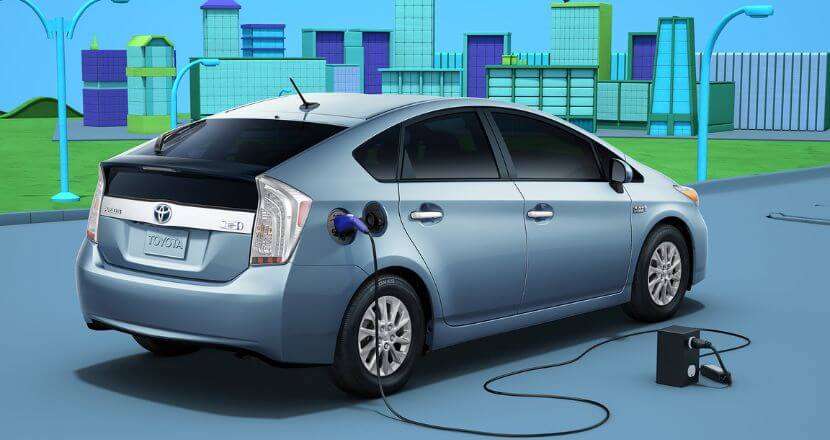Many of us have rented cars when on holiday to explore our new surroundings without having to pay the copious local taxi fares. It is a great option that allows you the freedom to holiday as you please.
However, renting a car whether on holiday or in your home country can be a stressful affair. Car rental companies are notoriously sneaky when it comes to extra charges which make customers wary and nervous when renting cars.
But this process doesn’t have to be stressful and daunting. If you prepare correctly and know what you’re doing it can be an enjoyable and stress-free experience. So, if this sounds enticing, read on to find out what key things you need to know when renting a car.
(Some of these tips may also help those veteran travellers out there avoid a future banana skin)
Pay with a credit card
Making sure you use a credit card to pay for your hire car could save you a lot of heartaches when you’re on holiday. Using a debit card could force the rental company to put a large hold on the money in the account to ensure you return the car. They do this to encourage people to use credit cards as this is safer for them. When you use a credit card, they know they will get sufficient money if you steal or total the car. Be sure to check the policy before you collect the car as this policy changes between rental companies.
Underage Fee
Rental companies have been known to heap on the extra charges for those under 23 years old. While you may have a great driving record with no-claims, the rental companies view it as a potential liability to their vehicles. The age at which you have to pay extra changes by company and country s be sure to check the terms of the policy before you pay. This could also be a potential problem if you wanted your child to be added as an extra driver; the fees will also apply then.
Reduce the number of drivers
We all know that it costs extra to add additional drivers on to your rental vehicle. While you may not be able to get around this, only having one driver can significantly reduce the cost. This fee is usually not that large and will differ depending on the driver, and If you ask nicely, some rental companies may waive the fee.
Research car insurance
When hiring a rental car the rental company will often offer you insurance from a third-party insurer rather than themselves. Once you have selected your car it would be a good idea to use a comparison website to shop around for the best car insurance. More often than not, you will be able to find cheaper insurance elsewhere, you just have to decide if the money saved is worth the diminished convenience of having everything in one place.
Airport rentals are expensive
Yes, renting cars at the airport is more expensive than renting elsewhere for the same reason that cinema food is expensive, it’s so convenient. It’s very appealing to be able to arrive from your flight and pick up your car right then and there, but this convenience comes at a premium. If you’re willing to shell out for a taxi, you may be able to save a considerable amount on the total price of the hire car.
Remember to fill up on petrol
The vast majority of rental companies and policies work on a ‘full-to-full’ agreement which means you take the car with a full tank of petrol and you have to return it with one. If you forget (which is easy to do), you will be charged a hefty fee. This fee doesn’t equate to the price of petrol or the time required to fill the car up, it is just another cheeky way for car rental companies to get some extra cash out of you.
Renting a car is always going to be a stressful experience thanks to the constant anxiety of damaging someone else’s car, but it doesn’t have to be. If you spend the time looking for the best deal and making sure you have read and understood the policy, it can be relatively care-free. Making sure you shop around for car insurance is something people often miss. There are great deals to be had for those that want to put in the extra work. If you take these tips into account next time you rent a car, we promise you will have a better experience.



